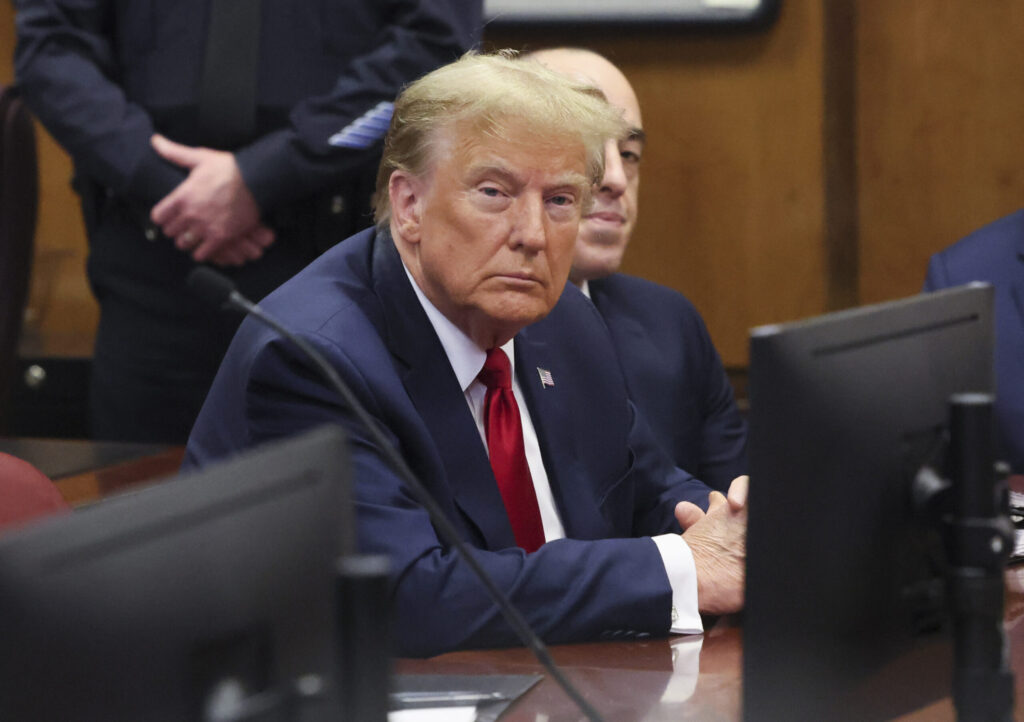In a recent ruling, a court mandated that Donald Trump must post a bond covering the entire $454 million penalty while he appeals the judgment in his New York civil fraud trial.
Trump’s legal team contended that requiring him to pay the full sum would cause irreparable harm, proposing a $100 million bond instead. The judge, however, decided to temporarily lift a three-year ban on seeking loans from New York banks, potentially aiding Trump in securing the bond.
New York’s attorney general has made it clear that if Trump fails to pay, they will move to seize his assets. Despite Trump’s lawyers not immediately responding to the ruling, the court’s order demands payment of the full amount in the coming weeks, stemming from his misrepresentation of property values.
In their defense, Trump’s legal team argued that the hefty judgment, combined with the loan prohibition, would make it impossible for Trump to secure a complete bond.
They suggested a $100 million bond, pointing to Trump’s extensive real estate holdings and the oversight of a court-designated monitor for the Trump Organization, as sufficient to cover the penalty. However, this argument did not sway Associate Justice Anil Singh.
Though part of the judgment prohibiting Trump and his sons from conducting business in the state was temporarily paused, the penalty will continue to accrue interest, adding at least $112,000 per day if Trump refuses to pay.
The attorney general’s office opposed Trump’s request, asserting that a full bond or deposit is necessary given Trump’s apparent lack of liquid assets to satisfy the judgment. Last week, Attorney General Letitia James warned that if Trump couldn’t pay, they would pursue enforcement mechanisms and seek asset seizure.
While Trump’s net worth is estimated at around $2.6 billion by Forbes, his available cash remains uncertain, although he claimed to possess $400 million in liquid assets last year.

